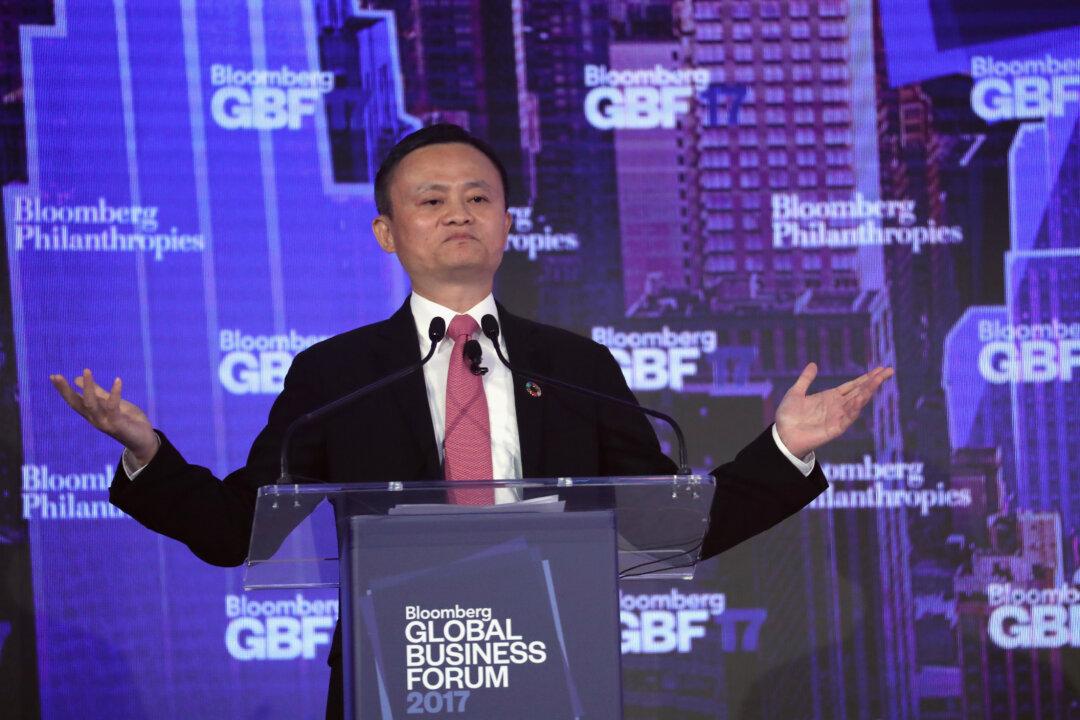Commentary
Alibaba’s Jack Ma and Joseph Tsai apparently can’t afford their own private jets. They had to borrow money from Credit Suisse to get them, despite each having cashed out over $5 billion in stock since 2017. Where’s all that cash gone? Is it even real? Do they keep it in banks for which they have to get Chinese Communist Party (CCP) permission for withdrawals? That is to say, is it really their money, or not?





